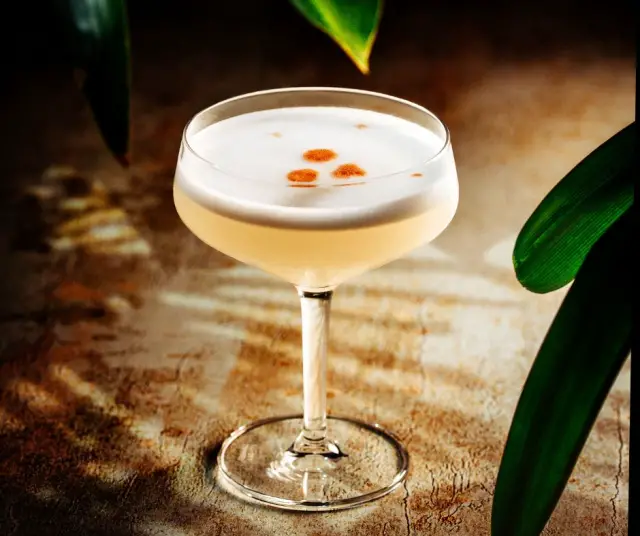Pisco, a spirit drink that has transcended borders and has become an emblem of Chilean culture, has its special day of celebration in the country: Pisco Day. This festival, which takes place every May 15, is an opportunity to pay tribute to this traditional drink, as well as to highlight its importance in Chilean history, culture and gastronomy.
Origins and Evolution of Pisco in Chile
To understand the relevance of Pisco in Chile, it is essential to know its origins and history. Pisco is a grape spirit that has its roots in the northern valley region of Chile, particularly the Elqui and Limarí valleys, as well as the Atacama region. Its production is believed to date back to the 16th century, when the first Spanish colonizers introduced the vine to South America.
The name "Pisco" has several theories about its origin, but one of the most accepted is that it comes from the Quechua "pishku", which means "bird". According to legend, the first Pisco producers observed birds flying over the vineyards and, upon tasting the fermented grapes, they discovered the intoxicating effect they had. This discovery led to the distillation of grapes to produce the spirit we know as Pisco.
Over the centuries, Pisco has evolved in Chile, adapting to modern production techniques and the changing tastes of consumers. Today, Chilean Pisco is distinguished by its quality and variety, with different types ranging from traditional Pisco to flavored and barrel-aged varieties.
Cultural and Gastronomic Importance of Pisco
Pisco is not only an alcoholic drink, but also a fundamental element of Chilean culture and gastronomy. It is used in a wide variety of iconic cocktails, such as the Pisco Sour, the Piscola and the Serena Libre, among others. In addition, Pisco is a key ingredient in the preparation of typical Chilean dishes, such as ceviche and poultry casserole.
The cultural importance of Pisco is reflected in its inclusion in traditional Chilean events and festivities. In addition to Pisco Day, which is celebrated every May 15, Pisco is also the protagonist in national holidays, food festivals and gastronomic fairs throughout the country. These celebrations not only promote the consumption of Pisco, but also highlight its value as a symbol of national identity.
Pisco Day: Celebration and Tradition
Pisco Day is a special occasion in Chile, where lovers of this drink gather to commemorate its history and cultural importance. During this day, a series of events and activities take place throughout the country, ranging from Pisco tastings and tastings to cocktail competitions and food festivals.
One of the most deeply rooted traditions of Pisco Day is the preparation and consumption of Pisco-based cocktails. The Pisco Sour, which combines Pisco, lemon juice, gum syrup, egg white and a few drops of Angostura bitters, is the most emblematic cocktail of the celebration. However, you can also enjoy other original creations and variations of classic cocktails that highlight the unique flavor of Chilean Pisco.
In addition to recreational activities, Pisco Day is also an opportunity to reflect on the importance of this drink in Chile's economy and culture. The Pisco industry generates employment and promotes economic development in the producing regions, in addition to contributing to the promotion of tourism and the international image of the country.
The Future of Pisco in Chile
As Chile continues to consolidate its position as one of the leading producers of Pisco in the world, the future of this drink looks promising. With the growing interest in mixology and cocktails globally, Chilean Pisco has the opportunity to expand into new markets and conquer a broader audience.
However, it also faces challenges, such as competition from other spirits and government regulations on its production and marketing. It is crucial that Pisco producers work in collaboration with authorities and other industry players to ensure the sustainability and continued growth of the sector.
